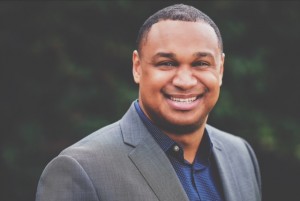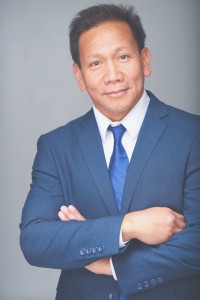In this article, I will highlight the surprisingly many ways that the MPPA program has contributed to the advancement of my career in digital marketing and search engine optimization (SEO). I graduated with my MPPA degree from Cal Lutheran in 2021. Shortly after, I relocated to Norway. Having worked for years with digital marketing in the U.S., I secured a marketing position in Oslo, which required a master’s degree. I later established an SEO bureau in Oslo.
Many have wondered why a digital marketer would pursue a degree in public policy. Upon reflecting, I can think of countless ways this program has helped me become a better marketer as well as a more well-rounded, informed professional.
Global Perspective
The SEO bureau currently serves clients from several countries across three continents. For technical and design support, we frequently collaborate with international freelancers. In essence, the global perspective I acquired not only from the MPPA program but also through studying abroad has greatly assisted me in conducting business within an international environment. This perspective has proven invaluable in comprehending cultural nuances, understanding diverse audiences, and navigating the complexities of the global marketplace.
Skills
I acquired a large number of skills during my time at Cal Lutheran. Notably, my research, analytical, communication, and advocacy skills witnessed significant improvement. These skills are not only convenient but also necessary for a career in digital marketing and SEO. Analytical proficiency, for instance, is crucial when dissecting search data, researching algorithm changes, conducting keyword research, and presenting results to clients.
Advocacy projects were integral components of several courses, contributing significantly to my growth as a marketer. They provided valuable lessons on tailoring messages to diverse audiences and the ability to effectively market or advocate for any product or company.
Furthermore, the skills gained through the process of academic paper writing have substantially enhanced my expertise in content marketing. Blog articles, for instance, often play a key role in SEO. Given recent updates to search engine algorithms, there is a heightened focus on well- crafted, valuable written content.
Upon reflection, the MPPA program has emerged as a cornerstone in my professional journey in digital marketing. The diverse skill set acquired, ranging from ethical considerations to an understanding of how public policy influences business, has not only broadened my horizons. It has also been instrumental in shaping me into a more adept entrepreneur, digital marketer, and SEO specialist.
You can visit my website at – https://seotjenester.no/



